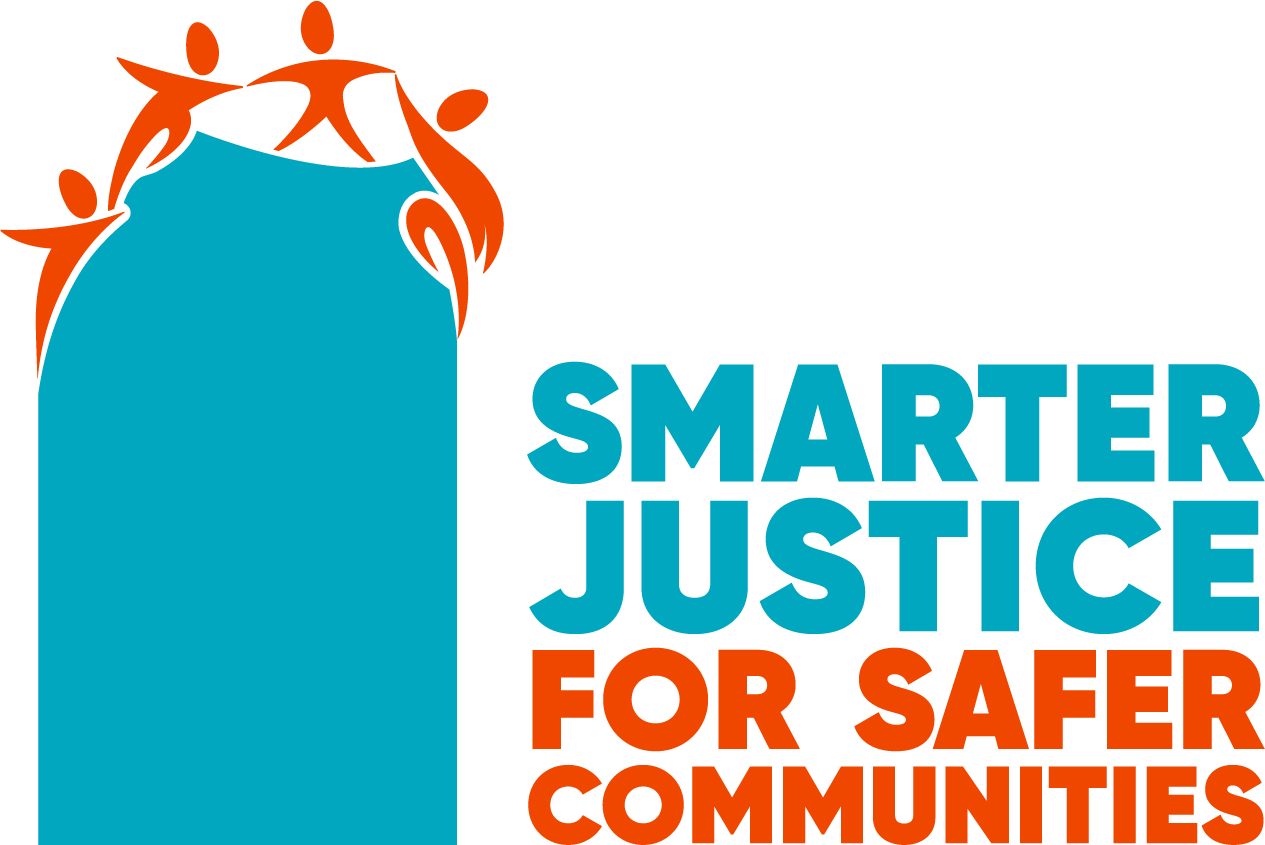MEDIA RELEASE
March 27, 2023
Northern Territorians are disillusioned with failed ‘tough-on-crime’ policies and are calling for smarter justice solutions proven to break the cycle of offending and enhance community safety.
A new report, released today as part of the launch of the Smarter Justice for Safer Communities campaign, reveals a community keen for change, with 70 per cent of Territorians in support of tackling the underlying causes of crime over more prison sentences and more police.
The Smarter Justice campaign, which is spearheaded by the governance committee of the historic Northern Territory Aboriginal Justice Agreement (NTAJA), is urging a rethink on what works to reduce crime, stop repeat offending, and make communities safer.
“The Northern Territory is the only jurisdiction in this country where crime is actually rising, confirming that so-called ‘tough-on-crime’ approaches to justice have done nothing to break the cycle of offending or reduce the prevalence of crime in our communities,” said NTAJA governance committee co-chair Olga Havnen.
“The public are well aware of the challenges we face and have told us they are disillusioned with the policies of the past and are ready to embrace alternative and valid justice approaches that are proven to work and can be readily scaled up in Territory communities.”
The Smarter Justice campaign has been established in response to the unacceptably high rates of incarceration in the Northern Territory and aligns with the objectives of the bipartisan-backed NTAJA to reduce offending and imprisonment of Aboriginal Territorians and improve justice responses and services for all.
According to the report Smarter Justice: A better way of doing justice in the Northern Territory, prepared by The Insight Centre for the governance committee, an “outdated approach” to criminal justice “is particularly harmful to Aboriginal Territorians, who are disproportionately affected by poorer outcomes in the justice system”.
Among the alarming statistics:
- Almost 1 per cent of the Northern Territory adult population is in prison at any point in time and the Territory’s incarceration rate is 4.5 times higher than the national rate.
- The proportion of children in prison is almost five times the national rate, with one in every 820 children in the Territory in prison at any point in time.
- Today, 85 per cent of people in Northern Territory prisons are Aboriginal.
“The state’s high incarceration rates fail to provide the best outcomes for victims, offenders or communities,” the report says.
“The current system does not keep Territorians safe, provide value for money to the taxpayer, or reduce harm to Aboriginal communities.”
The report goes on to highlight modern evidence-based approaches to justice that are producing positive outcomes, both in the Territory and further afield, such as the North Australian Aboriginal Justice Agency’s Aboriginal-led youth and adult throughcare programs and community-led youth justice initiatives on Groote Eylandt.
“These ‘smart on crime’ approaches centre on behaviour change and have proven effective at reducing crime and increasing public safety, all at a lower cost,” it says.
“They address the underlying causes of offending by investing in prevention, diversion and rehabilitation in ways that are culturally responsive and community-led.”
The campaign, which is supported by the Paul Ramsay Foundation and backed by several Aboriginal-led organisations, has been based on extensive consultation and input from a broad group of stakeholders as well as surveys and deep-dive focus group interviews canvassing the views of more than 300 Territorians from all walks of life – making it the largest piece of comprehensive audience research on justice reform conducted in the Northern Territory in recent years.
When asked how the current system was working, 70 per cent of respondents said they felt it was failing in terms of outcomes for Aboriginal people, and 67 per cent agreed that they would like to see the justice system change to include more alternatives to prison. Only 6 per cent fully agreed that the current system was keeping the community safe.
Ms Havnen said the Smarter Justice campaign sought to promote more effective measures for reducing offending, especially repeat offending, which is a challenge for the Territory where around three quarters of people in jail have been there before.
“Early intervention, drug and alcohol treatment, and mental health programs work to reduce offending,” Ms Havnen said. “Diversion, rehabilitation, and reintegration strategies that are culturally appropriate and community-based work by disrupting the cycle of offending and avoiding future contact with the criminal justice system.
“The NT community has signalled it is ready for change and we are looking forward people joining the Smarter Justice campaign so we can make these changes happen together.”
Paul Ramsay Foundation chief operating officer Cindy Penrose said the organisation was pleased to support the work of the many stakeholders who contributed to the development of the NTAJA, which set out realistic and achievable justice goals for the Territory.
“The Paul Ramsay Foundation is committed to initiatives that break cycles of offending by addressing the underlying causes because the evidence shows that is what works,” she said.
“The Smarter Justice campaign is a necessary reminder that there are smarter ways to keep Territorians safe that also give young people the best chance of leading happy, healthy and productive lives.”
For more information about Smarter Justice for Safer Communities, or to read the research report, go to www.smarterjustice.org.au
Media inquiries: Rebecca 0411 790 304
Smarter Justice for Safer Communities is a campaign that grew from the formation of the Northern Territory Aboriginal Justice Agreement – a historic commitment to improve justice outcomes and services for Aboriginal people. Smarter justice starts with acknowledging that the current system, with its overreliance on prisons, is not working. It is about rolling out and ramping up investment in the programs that do work to break the cycle of offending and contribute to safer communities.

Recent Comments